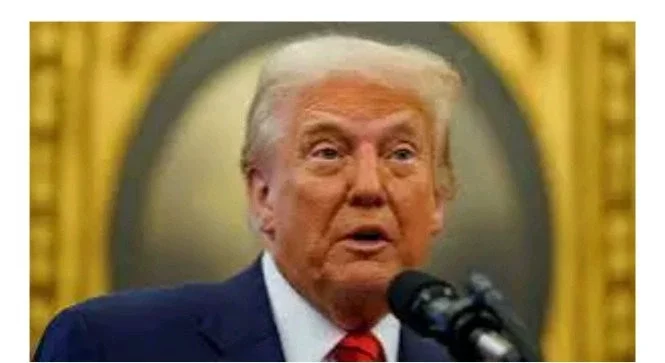
Tensions between the United States and Iran have escalated following recent reports of a devastating airstrike that allegedly crippled Iran's air defense systems. Former U.S. President Donald Trump, in an interview with Fox News, asserted that Iran is now "very concerned" and "frightened" after the reported attack, which supposedly destroyed key elements of Tehran's Russian-supplied S-300 missile defense system.
Trump suggested that the loss of these crucial defense capabilities might push Iran toward diplomatic negotiations with the United States. "Maybe they are trying to get new defense as we speak, but their defense is largely gone," Trump remarked. "Iran is very nervous. I think they're scared. I think Iran would love to make a deal, and I would love to make a deal with them without bombing them."
Rising Middle East Tensions
The airstrikes, which were reportedly carried out by Israel, have added to the already fragile situation in the Middle East. Iran's nuclear ambitions and military activities have long been a source of concern for regional and global powers. Israeli officials have frequently warned that they would take military action if necessary to prevent Iran from advancing its nuclear program.
Despite growing concerns over a possible military confrontation, Trump emphasized his preference for a diplomatic resolution over armed conflict. "Everybody thinks Israel, with our help or our approval, will go in and bomb the hell out of them," he stated. "But I would rather see a monitored agreement."
Trump's remarks come as Israel continues to maintain a hardline stance against Iran's nuclear program. The Israeli government has repeatedly accused Tehran of pursuing nuclear weapons under the guise of a civilian program, a charge that Iranian officials deny.
U.S. Policy on Iran's Nuclear Program
During the interview, Trump dismissed the notion of a joint U.S.-Israeli military strike but reiterated his administration's commitment to preventing Iran from developing nuclear weapons. "I want Iran to be a great and successful country, but one that cannot have a nuclear weapon," he stated, reinforcing his administration's long-standing opposition to Iran's nuclear program.
Relations between the U.S. and Iran have been tense for years, particularly following Washington's withdrawal from the 2015 nuclear agreement, known as the Joint Comprehensive Plan of Action . The Trump administration reimposed harsh economic sanctions on Iran after exiting the deal, further straining diplomatic ties between the two nations.
In response to U.S. pressure, Iran has gradually rolled back its commitments under the nuclear accord, increasing uranium enrichment levels and expanding its nuclear activities. These actions have heightened fears of a broader conflict, with Israel and other U.S. allies in the region closely monitoring Iran's moves.
Potential for Diplomacy or Further Conflict?
While Trump's comments hint at the possibility of diplomatic negotiations, the broader geopolitical landscape remains volatile. Iran has not publicly responded to the alleged airstrikes, and it remains unclear whether the attack has significantly impacted its military capabilities.
The international community continues to watch the situation closely, hoping for a peaceful resolution while bracing for potential further escalations. With tensions running high, the coming weeks could determine whether the conflict moves toward diplomacy or an intensification of hostilities in the Middle East.

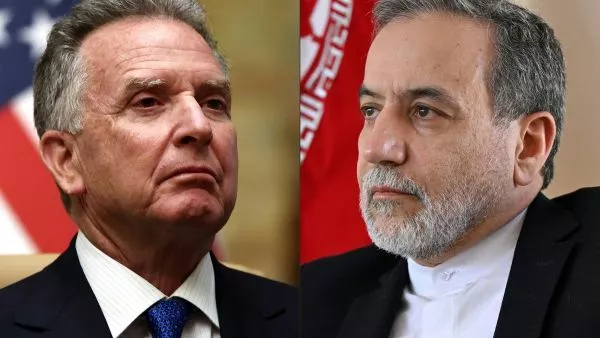
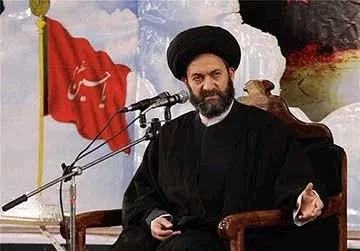
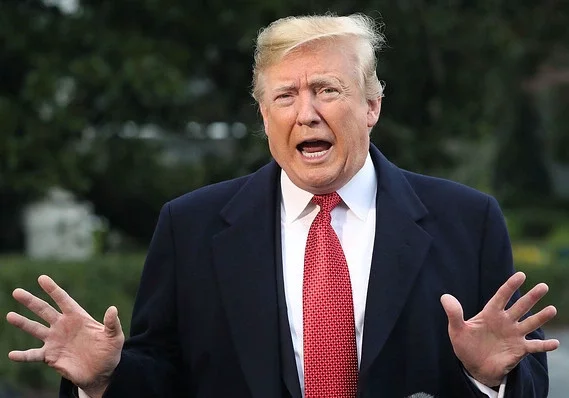
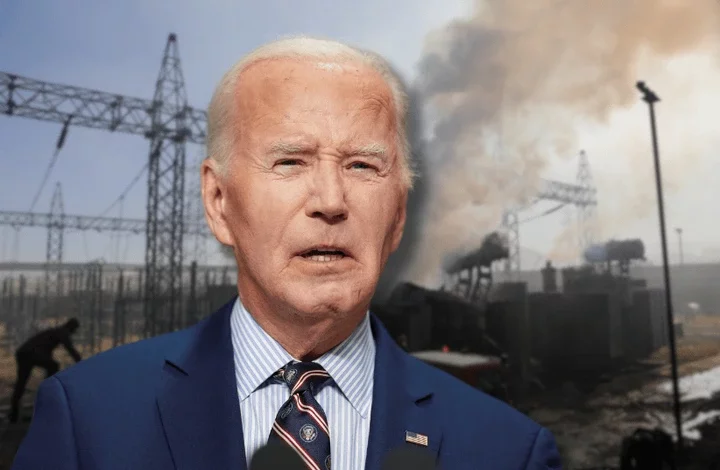
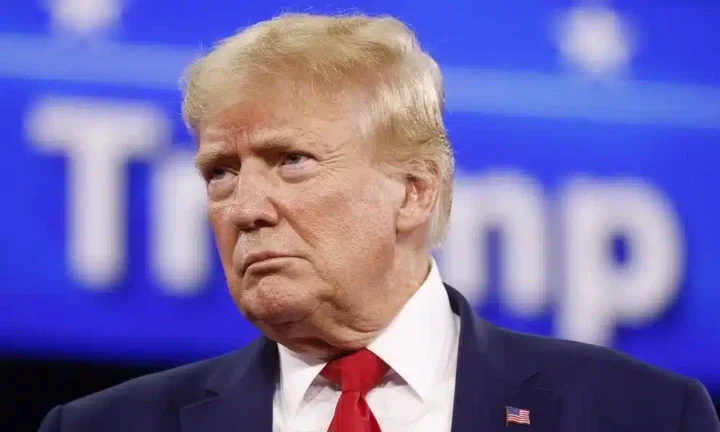
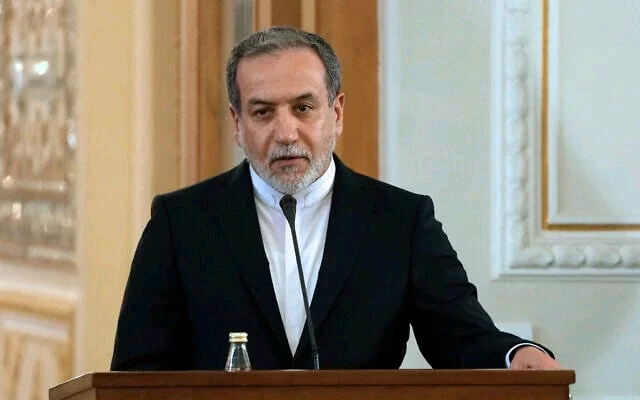










Comments